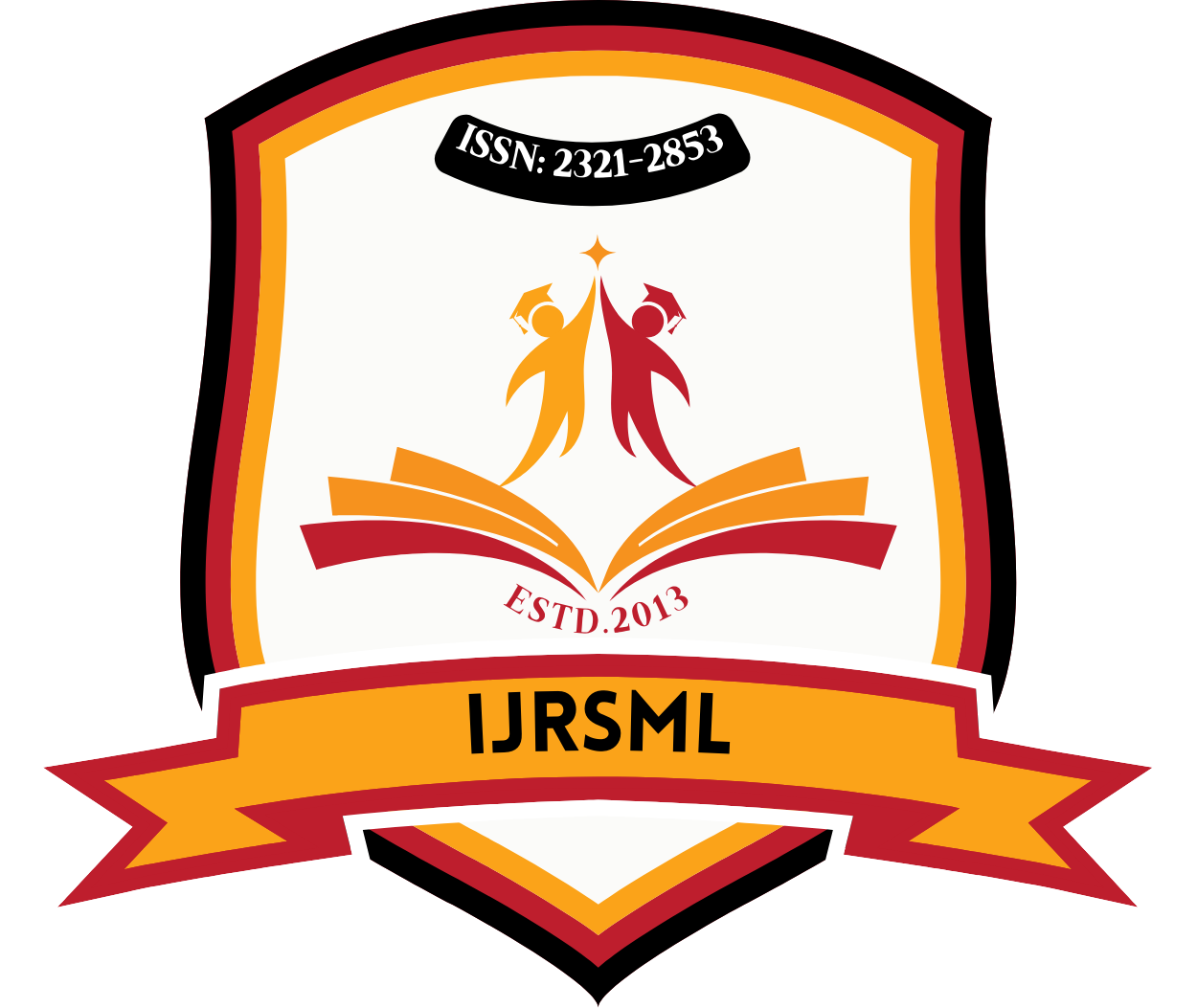![]()
Published Paper PDF: Download PDF
DOI: https://doi.org/10.63345/ijrsml.v13.i11.6
Certificate: View Certificate
Dr. C.K. Gautam
Principal, Agra College
Agra, Uttar Pradesh- 282005, India
Abstract
This paper undertakes a comparative study of Mulk Raj Anand and Rabindranath Tagore, two foundational figures in Indian English Literature, exploring how their writings reconstruct the ideas of childhood, education, and modern subjectivity within the broader framework of colonial and postcolonial India. Both authors, though different in temperament and linguistic sensibility, share a deep concern for human growth, social ethics, and the moral education of individuals. Tagore’s works, deeply rooted in the Upanishadic and classical Indian traditions, envision education as a process of self-realization and creative freedom, as reflected in The Home and the World and Gora. Anand, influenced by humanist realism and Gandhian ethics, reinterprets the concept of education through social reform and empathy, particularly in novels such as Untouchable and Coolie. By analyzing their fictional worlds, this paper argues that both writers construct a modern Indian subjectivity that balances tradition and progress, spirituality and materialism, individuality and social responsibility. Tagore’s idealist pedagogy and Anand’s realist vision intersect in their shared quest for a compassionate, egalitarian humanism that defines Indian modernity. The study combines comparative literary analysis, postcolonial theory, and educational philosophy, offering a nuanced understanding of how these two literary giants reimagine the role of learning and childhood in shaping the moral and intellectual consciousness of modern India.
Keywords
Modern Indian Subjectivity, Comparative Literature, Postcolonial Education, Humanism and Moral Development, Tagore and Anand, Childhood and Social Reform
References
- Anand, M. R. (1935). Untouchable. London: Wishart Books.
- Anand, M. R. (1936). Coolie. London: Lawrence & Wishart.
- Anand, M. R. (1940). The Village. London: Jonathan Cape.
- Bhabha, H. K. (1994). The Location of Culture. London: Routledge.
- Chaudhuri, S. (2002). Tagore, Nationalism and Modernity: A Critical Study. New Delhi: Oxford University Press.
- Chaudhuri, S., & Dasgupta, S. (Eds.). (2014). Rabindranath Tagore and Education: Creativity, Mutuality and Surplus. New Delhi: Springer India.
- Das, S. K. (2005). A History of Indian Literature: 1911–1956. New Delhi: Sahitya Akademi.
- Ghosh, A. (2013). Rabindranath Tagore: The Poet as Educator. Kolkata: Visva-Bharati Press.
- Mukherjee, M. (2009). Anand’s Realism and the Human Condition. New Delhi: Atlantic Publishers.
- Nandy, A. (1994). The Illegitimacy of Nationalism: Rabindranath Tagore and the Politics of Self. New Delhi: Oxford University Press.
- Pathak, R. S. (2011). Mulk Raj Anand: A Reappraisal. New Delhi: Creative Books.
- Prasad, A. N. (2001). Indian English Literature: Critical Perspectives. New Delhi: Sarup & Sons.
- Sen, A. (2011). The Argumentative Indian: Writings on Indian History, Culture and Identity. New Delhi: Penguin Books.
- Spivak, G. C. (1988). Can the Subaltern Speak? In C. Nelson & L. Grossberg (Eds.), Marxism and the Interpretation of Culture (pp. 271–313). Urbana: University of Illinois Press.
- Tagore, R. (1917). Personality: Lectures Delivered in America. London: Macmillan & Co.
- Tagore, R. (1916). The Home and the World. London: Macmillan & Co.
- Tagore, R. (1910). Gora. London: Macmillan & Co.
- Thakurta, D. (2018). Humanism and Colonial Modernity in Tagore and Anand: A Comparative Study. Journal of Postcolonial Studies, 22(3), 211–228.
